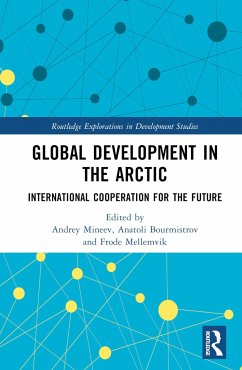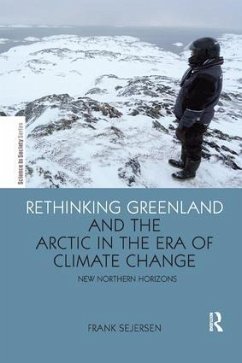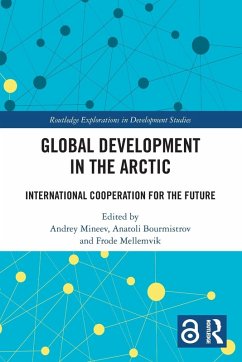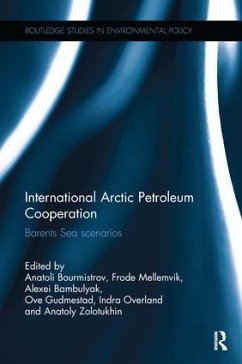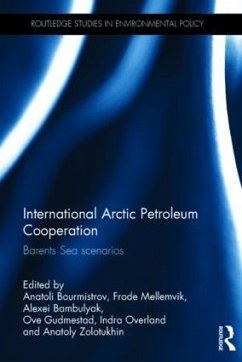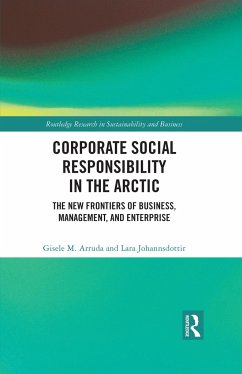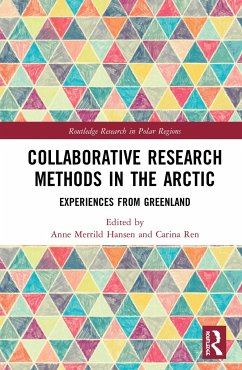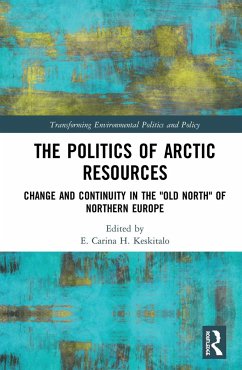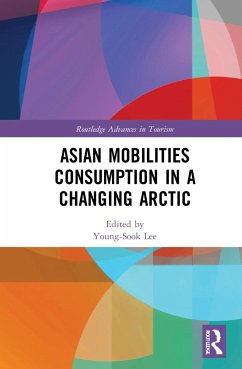
Environmental and Human Security in the Arctic
Versandkostenfrei!
Versandfertig in 1-2 Wochen
171,99 €
inkl. MwSt.
Weitere Ausgaben:

PAYBACK Punkte
86 °P sammeln!
This is the first comprehensive exploration of why human security is relevant to the Arctic and what achieving it can mean, covering the areas of health of the environment, identity of peoples, supply of traditional foods, community health, economic opportunities, and political stability. The traditional definition of security has already been actively employed in the Arctic region for decades, particularly in relation to natural resource sovereignty issues, but how and why should the human aspect be introduced? What can this region teach us about human security in the wider world? The book re...
This is the first comprehensive exploration of why human security is relevant to the Arctic and what achieving it can mean, covering the areas of health of the environment, identity of peoples, supply of traditional foods, community health, economic opportunities, and political stability. The traditional definition of security has already been actively employed in the Arctic region for decades, particularly in relation to natural resource sovereignty issues, but how and why should the human aspect be introduced? What can this region teach us about human security in the wider world? The book reviews the potential threats to security, putting them in an analytical framework and indicating a clear path for solutions.Contributions come from natural, social and humanities scientists, hailing from Canada, Russia, Finland and Norway. Environmental Change and Human Security in the Arctic is an essential resource for policy-makers, community groups, researchers and students working in the field of human security, particularly for those in the Arctic regions.





